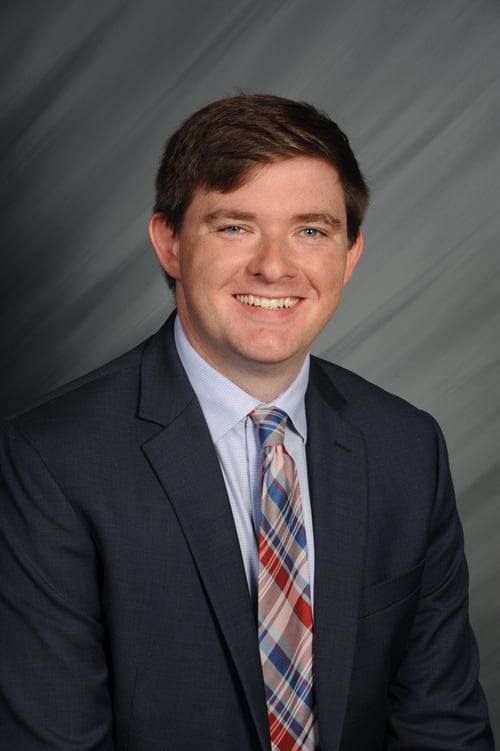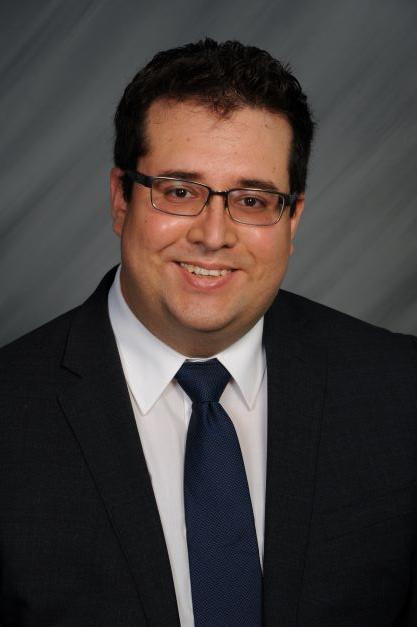
Acne vulgaris is a skin disorder that is very common skin condition. That said, it can still lead to a profound psychological impact resulting in low-self-esteem, anxiety, and depression. Acne can be particularly troubling for teens who can already have troubles adjusting to their social environments. Although acne is most common in teens, it can present at all ages with most people having resolution of acne by their 30s. Potential complications from acne can be the dark spots or hyperpigmentation and scarring which can increase the negative psychologic effects.
Each pore on our skin has a hair follicle and a sebaceous (oil) gland. The active lesions seen in acne vulgaris are usually broken down into whether the skin pore is open or closed, open skin pores manifest as white heads, and closed pores often are called blackheads based on their appearance. Acne is characterized by chronic or recurrent development of papules (red bumps). These can become filled with pus; if that occurs, they are called pustules. Acne most commonly occurs on the face, neck, back or upper arms. The appearance of the lesions will determine what treatment your primary physician or dermatologist recommends.
 Acne is caused by an interplay of many factors including hormonal changes, bacterial (Cutibacterium Acnes) growth deep within hair follicles and cells, and the body’s immune response. There is also some thought that skin trauma including pressure, BMI (a measure of body fat based on height and weight), diet and even stress can influence the progression of acne. A wide variety of agents are used to treat acne, and these can be topical, oral or procedural. These work by preventing clogged pores and abnormal skin peeling, preventing increased sebum (oil) production, decreasing inflammation, and decreasing bacterial growth (cutibacterium acnes). The treatment that is selected is generally based on the duration of your acne, previous treatments, gender, and patient preference. The American Academy of Dermatology (www.aad.org) has several tips that can help with acne. These include washing twice daily and after sweating, using your fingers to wash your face, not scrubbing or irritating your skin, using gentle products, avoiding the sun and tanning beds, and touching your skin.
Acne is caused by an interplay of many factors including hormonal changes, bacterial (Cutibacterium Acnes) growth deep within hair follicles and cells, and the body’s immune response. There is also some thought that skin trauma including pressure, BMI (a measure of body fat based on height and weight), diet and even stress can influence the progression of acne. A wide variety of agents are used to treat acne, and these can be topical, oral or procedural. These work by preventing clogged pores and abnormal skin peeling, preventing increased sebum (oil) production, decreasing inflammation, and decreasing bacterial growth (cutibacterium acnes). The treatment that is selected is generally based on the duration of your acne, previous treatments, gender, and patient preference. The American Academy of Dermatology (www.aad.org) has several tips that can help with acne. These include washing twice daily and after sweating, using your fingers to wash your face, not scrubbing or irritating your skin, using gentle products, avoiding the sun and tanning beds, and touching your skin.
Acne can be effectively treated. Your physician can help answer any questions about skin care.
Dr. Benjamin is a resident physician who sees patients of all ages and provides obstetrical services at Lone Star Family Health Center, a non-profit 501©3 Federally Qualified Health Center operating facilities in Conroe, Spring, Willis, Grangerland, and Huntsville, and serving as home to a fully integrated Family Medicine Residency Program to increase the number of Family Medicine physicians for Texas and our community.



